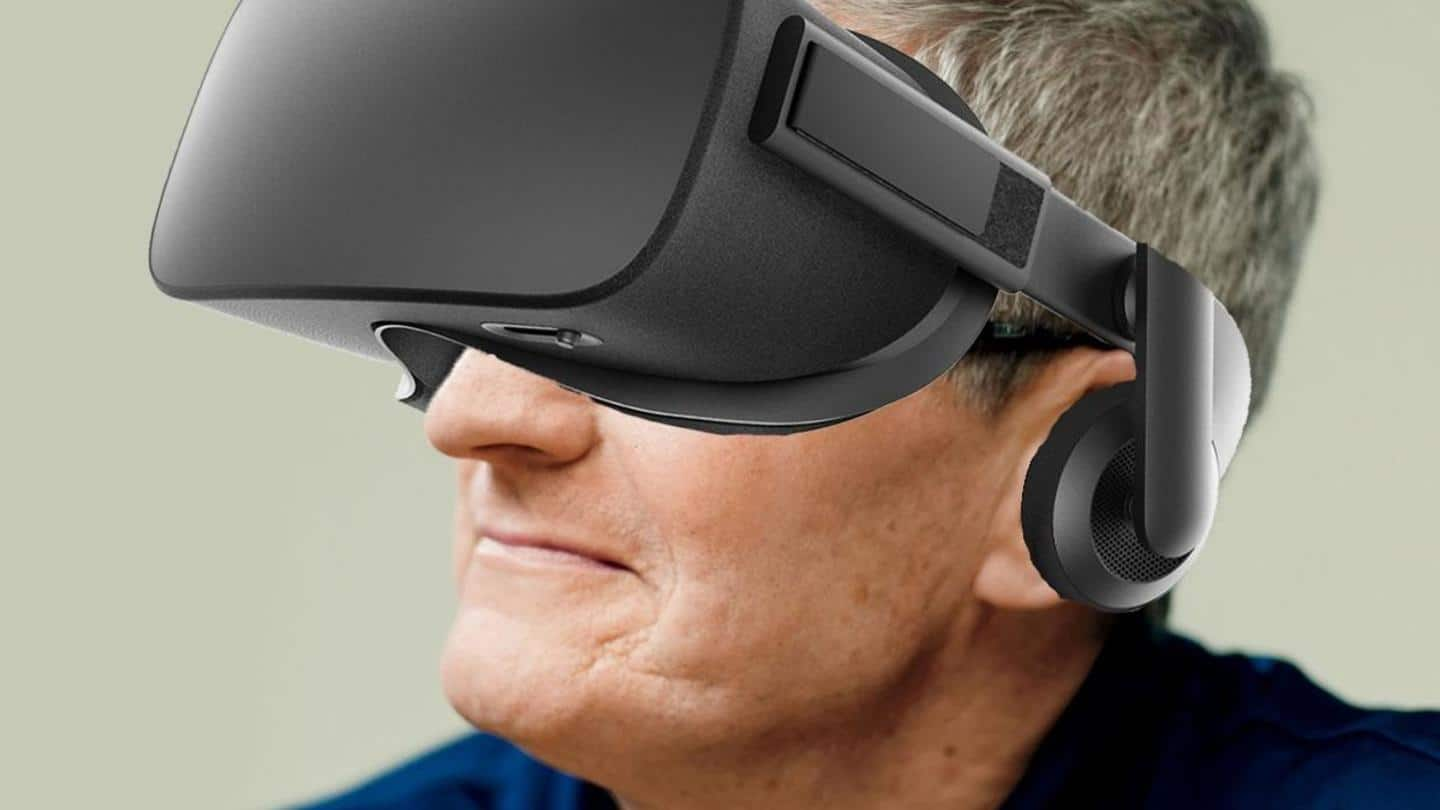
Apple rumored to be working on a $3,000-worth VR headset
What's the story
As if VR headsets weren't expensive enough, Apple is now rumored to raise the bar even higher. The iPhone maker is expected to launch a $3,000-worth virtual reality headset as early as next year, with a mind-boggling 8K resolution per eye. That's 30 million extra pixels per eye compared to existing VR headsets, such as Valve Index, HTC VIVE Pro, and Oculus Quest.
Lot of pixels
Resolution of 8K per eye enabled by future M1 chips
Bloomberg had initially reported that Apple was working on such device, but the latest report from The Information gives it more credence. The headset is being developed under codename N301 will leverage presumably an advanced version of the new M1 chip. Apple is indeed said to be working on an M1 chip with 128 GPU cores.
Fully loaded
Prototype with external display and dozen cameras for AR capability
The report also cites a headset prototype that incorporates a dozen cameras. This serves the purpose of tracking hand movements and delivering a live feed of the environment for a possible augmented reality application. The device is also said to have swappable headbands, mesh fabric cladding, and an external display for checking status or sharing your viewpoint with others in the room.
Positional accuracy
LiDAR sensors will add to cost and quality of headset
The headset is also expected to use expensive and accurate LiDAR sensor arrays for precise room mapping and positional accuracy. This feature will likely contribute the most to the cost as well as quality of the VR headset. LiDAR also makes sense from an AR application perspective, because it can work with the cameras to increase the accuracy of object and environment mapping.
Caveat emptor
Credible reports don't account for Apple's lack of VR framework
Although the report comes from two credible sources, Apple's sudden foray into VR is strange. VR development isn't easy, and such endeavors are usually preceded by company outreach to VR developers with SDKs and robust API implementations. Apple has no official VR APIs at the moment. Apple CEO Tim Cook has been publicly dismissive of VR and has invested in AR technology instead.